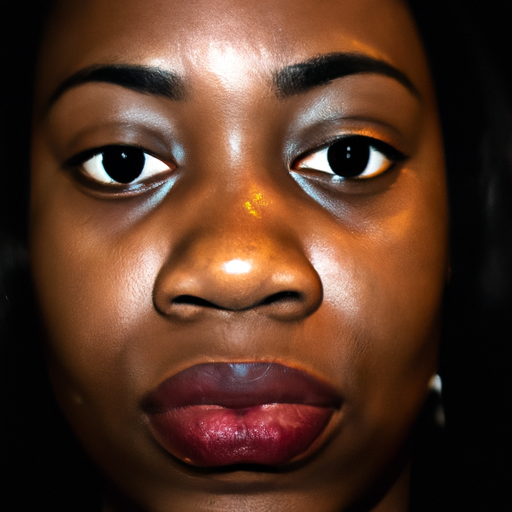As a medical professional, I am often asked about the best practices for maintaining healthy, radiant skin. One question that frequently arises is when the ideal time to moisturize is – dawn or dusk? The answer, as with many aspects of health and wellness, is not as straightforward as one might hope. However, understanding the science behind skin care can help us make an informed decision.
Our skin, the body’s largest organ, works tirelessly around the clock to protect us from external factors like harmful UV rays, pollution, and bacteria. It also helps regulate our body temperature and enables us to sense the world around us. As such, it’s crucial that we take good care of it.
Moisturizing is a fundamental part of any skin care routine. It helps to hydrate the skin, maintain its elasticity, and reduce the appearance of fine lines and wrinkles. But when should we moisturize to maximize these benefits – at dawn or dusk?
The answer lies in understanding our skin’s natural rhythms. Our skin follows a circadian rhythm, much like our sleep-wake cycle. During the day, it focuses on protection, defending against environmental stressors. At night, it switches to repair mode, healing the damage incurred during the day and regenerating new skin cells.
Given this rhythm, it makes sense to moisturize at both dawn and dusk. However, the type of moisturizer you use and how you apply it can vary depending on the time of day.
In the morning, after cleansing your face, apply a light, non-greasy moisturizer that contains SPF to protect your skin from harmful UV rays throughout the day. This will not only hydrate your skin but also provide a protective barrier against environmental damage. Look for ingredients like hyaluronic acid and glycerin, which are excellent at retaining moisture.
At dusk, after removing makeup and cleansing your face, apply a thicker, more nourishing moisturizer. Nighttime is when your skin is most receptive to repair, so using a moisturizer with ingredients like retinol, peptides, or ceramides can help boost this process. These ingredients aid in skin cell turnover and collagen production, helping to reduce the appearance of fine lines and wrinkles over time.
It’s also worth noting that the skin around our eyes is thinner and more delicate than the rest of our face, making it more prone to dryness and signs of aging. Therefore, using an eye cream in addition to your regular moisturizer at night can provide extra hydration and protection.
In conclusion, both dawn and dusk are ideal times to moisturize for radiant skin. The key is to adapt your routine and products to your skin’s natural rhythms and needs. Remember, consistency is crucial in skincare. Regularly moisturizing your skin, regardless of the time of day, will help maintain its health and radiance.
As a doctor, I always emphasize that while topical treatments are essential, they should be complemented with a healthy lifestyle. Drinking plenty of water, eating a balanced diet rich in antioxidants, getting adequate sleep, and managing stress levels also play a significant role in maintaining radiant skin.
Remember, every person’s skin is unique. What works for one person may not work for another. Therefore, it’s always advisable to consult with a dermatologist or skincare professional to develop a personalized skincare routine that suits your individual needs and concerns.



